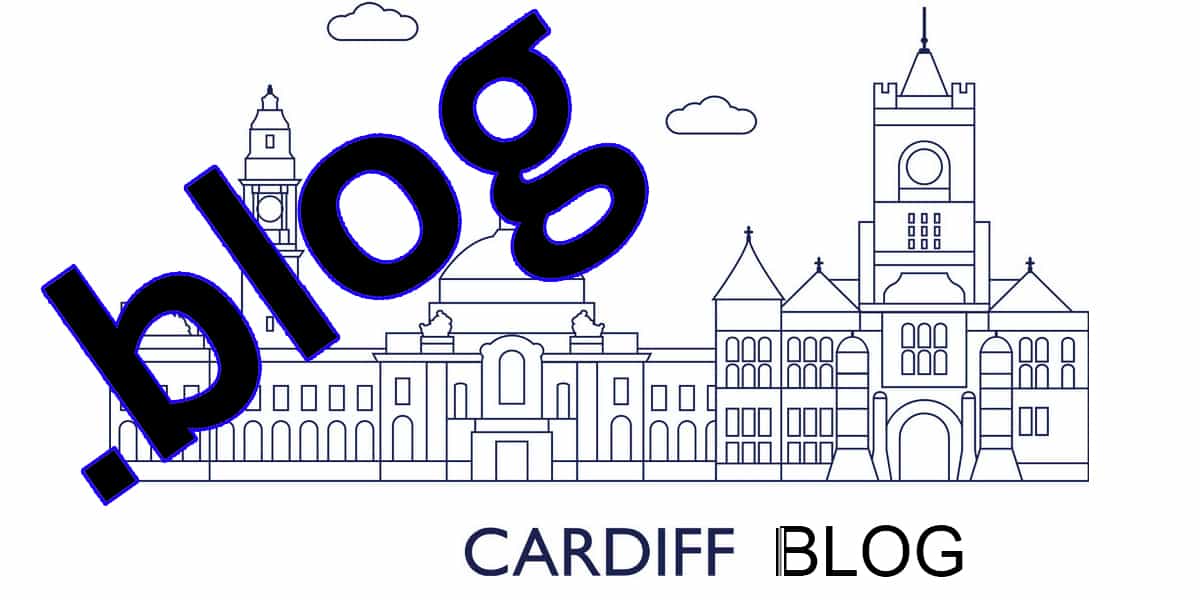Welsh Phrases 2025
Welsh Phrases Introduction
Welsh phrases hold a special place in the culture and heritage of Wales, reflecting centuries of tradition, pride, and linguistic beauty. The Welsh language, known as Cymraeg, is one of the oldest living languages in Europe and continues to thrive across the nation. In 2025, more people are learning and using Welsh phrases in everyday life, symbolizing a growing appreciation for this ancient language. From casual greetings to expressions of gratitude, Welsh phrases connect learners to the heart of Welsh culture and promote understanding between communities both in Wales and worldwide.
All about Welsh Phrases
The Welsh language is more than a means of communication—it is a reflection of Wales’ unique identity. Learning Welsh phrases allows individuals to connect more deeply with local people, culture, and history. The language’s poetic nature and melodic rhythm give it a distinct charm that captivates speakers and listeners alike. In 2025, Welsh is used in schools, universities, media, and government, strengthening its presence in modern society. By understanding some simple Welsh phrases, visitors, students, and locals can appreciate the richness and diversity of this remarkable heritage language.
Importance of Learning Welsh Phrases
Learning Welsh phrases offers numerous benefits, particularly for those living, studying, or traveling in Wales. It encourages cultural integration, promotes respect for local traditions, and strengthens a sense of community. The use of Welsh in signage, daily greetings, and public announcements highlights the importance of bilingualism in Wales. Even a few basic words can make a positive impression, showing appreciation for Welsh culture and a willingness to engage with the local population. Beyond communication, learning Welsh phrases provides insight into the worldview and values embedded in the language.
Commonly Used Welsh Phrases
Welsh is known for its expressive vocabulary and unique pronunciation patterns. Everyday phrases often capture warmth, friendliness, and respect—core aspects of Welsh society. Simple expressions such as greetings, farewells, and polite exchanges are used frequently in communities across Wales, both in formal and informal settings. Travelers often find learning these phrases rewarding, as it helps them participate more actively in conversations and cultural events. In schools and language courses, mastering basic Welsh phrases is often the first step toward fluency and appreciation for the language’s structure and sound.
Welsh Phrases in Modern Communication
In today’s digital age, Welsh phrases are increasingly visible across online platforms and social media. Bilingual signage, digital learning tools, and public campaigns encourage everyday use of the language. People share Welsh greetings, sayings, and expressions online as symbols of national pride and cultural identity. Mobile apps and virtual learning environments allow learners around the world to practice pronunciation and vocabulary interactively. As technology evolves, Welsh phrases remain relevant and accessible, allowing both native speakers and new learners to celebrate and preserve their connection to the language.
Tradition, Music, and Literature
Welsh phrases frequently appear in songs, literature, and traditional storytelling, demonstrating the language’s deep-rooted influence on the arts. From folk songs to modern poetry, Welsh words express emotions and ideas that resonate across generations. Contemporary artists and writers continue to incorporate Welsh phrases into their works, ensuring cultural continuity. The language’s musical quality enhances performances and ceremonies, emphasizing the nation’s reputation as “the land of song.” By weaving Welsh expressions through art and literature, the language remains alive, inspiring creativity and unity.
Encouraging Future Generations
In 2025, Welsh education continues to promote fluency and confidence in young learners. Schools across Wales integrate the language into daily lessons and extracurricular activities. Government initiatives support bilingual teaching, community workshops, and immersion programs that make Welsh more accessible than ever. Families are also embracing bilingualism at home, using common Welsh phrases in conversation to strengthen linguistic heritage. This collective effort ensures that future generations inherit not just a language, but a cultural treasure that defines Wales’ unique identity within the world.
Welsh Phrases for Visitors
Visitors to Wales often enjoy learning useful Welsh phrases to enhance their travel experiences. Understanding greetings, thanks, and expressions of politeness enriches interaction with locals and deepens cultural appreciation. Signposts, menus, and public displays often feature bilingual text, giving travelers an excellent opportunity to hear and use Welsh words in real-life settings. Local guides and tourism centers frequently provide phrase cards and language resources, allowing guests to engage authentically with Welsh culture. This effort to embrace language learning highlights the nation’s inclusive and community-driven spirit.
Welsh Phrases Summary
In 2025, Welsh phrases continue to represent the heart and spirit of Wales. They connect people across generations, reinforce community bonds, and celebrate linguistic diversity. As technology advances and education expands, more individuals around the world are discovering the beauty of this ancient language. Whether used in conversation, songwriting, or daily greetings, Welsh phrases capture the essence of Wales—its warmth, pride, and passion for preserving tradition. Learning and sharing these expressions keep the language vibrant, ensuring it remains a defining feature of Welsh life and culture for generations to come.
